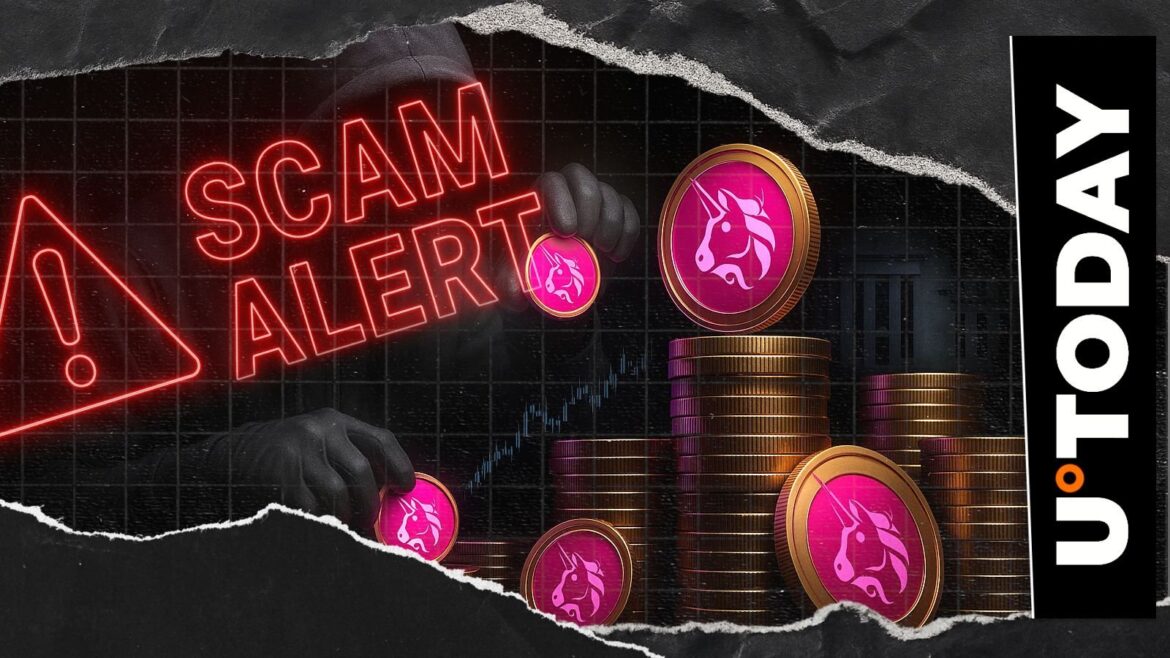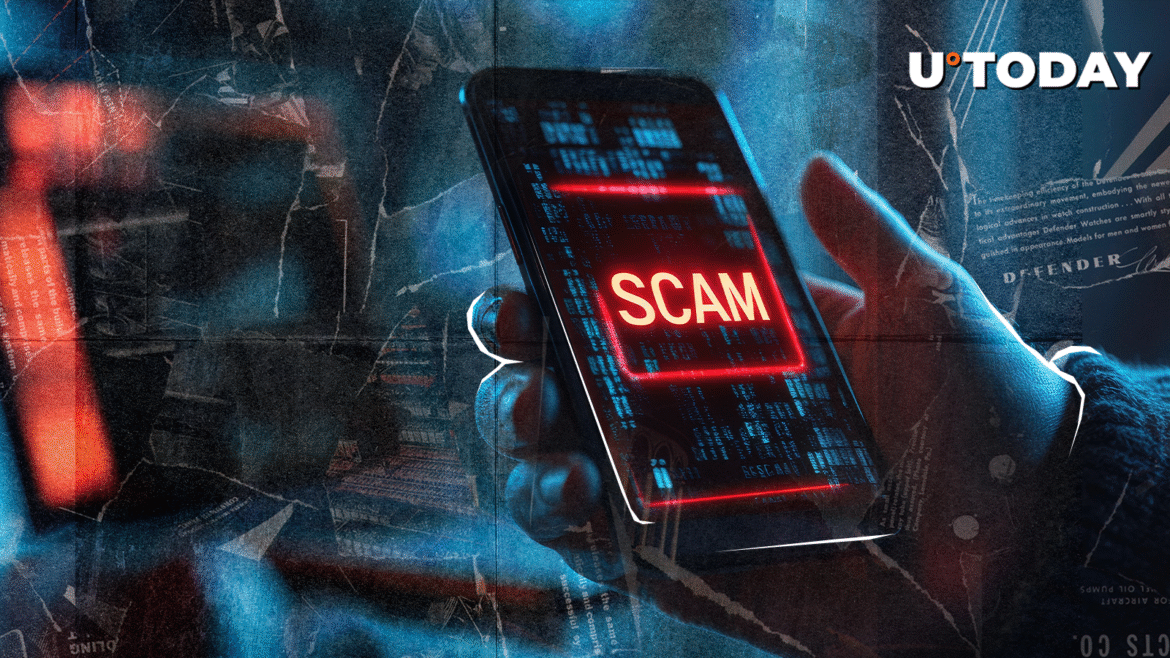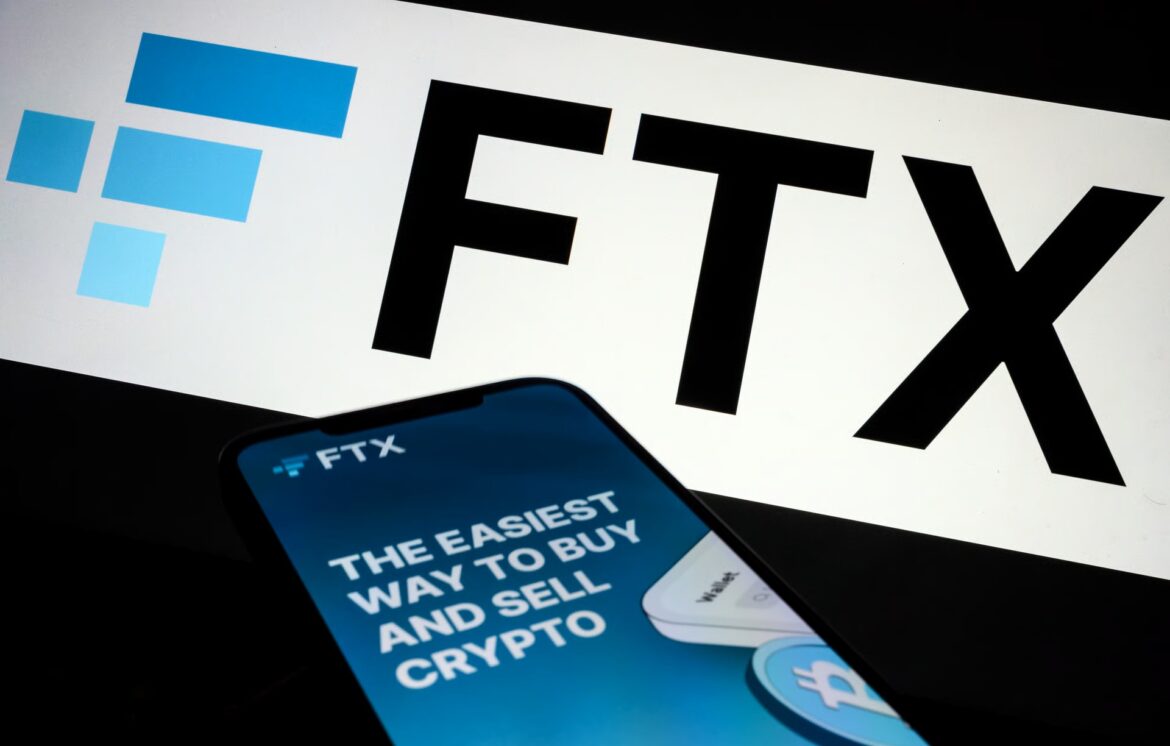Malicious actors in the cryptocurrency space remain a constant threat to the sector and are not moved by market conditions as they strike during bull and bearish market conditions. Within the last 24 hours, Uniswap V4’s Bunni decentralized exchange (DEX) has been attacked by hackers.
Hackers exploit Bunni DEX vulnerability
According to an update from PeckShieldAlert, a blockchain security firm that monitors the crypto space, hackers have exploited a vulnerability on Bunni DEX. This has led to the hackers stealing approximately $2.4 million worth of assets.
You Might Also Like
Critical details of who the attackers could be and the different crypto assets stolen have not been revealed. However, the theft, occurring in the midst of an ongoing bull market, is poised to affect investors who use the exchange.
As of press time, a message from Bunni on their official X handle acknowledged the “security exploit” and precautionary measures taken so far. According to the DEX, their team is currently investigating the incident and will provide details as soon as investigations are concluded.
🚨 The Bunni app has been affected by a security exploit. As a precaution, we have paused all smart contract functions on all networks. Our team is actively investigating and will provide updates soon. Thank you for your patience.
— Bunni (@bunni_xyz) September 2, 2025
It has, however, paused all smart contract functions on all networks while this is ongoing. Bunni has called for patience on the part of its users.
Are there security concerns over Uniswap V4 ecosystem?
The compromise on Bunni DEX by these hackers reemphasizes the need for exchanges to pay attention to safeguarding funds on their platform. This suggests that malicious actors are always scanning the crypto space and attempting to steal. Failure to secure protocols could lead to loss of funds.
You Might Also Like
Interestingly, in February 2025, Uniswap launched a new V4 protocol that included gas efficiency. Some users have wondered if it has also strengthened its security features to protect exchanges in its ecosystem.
U.Today has consistently reported on scam alerts and activities of hackers with emphasis on how to avoid falling victim to their exploits and safeguarding funds.









